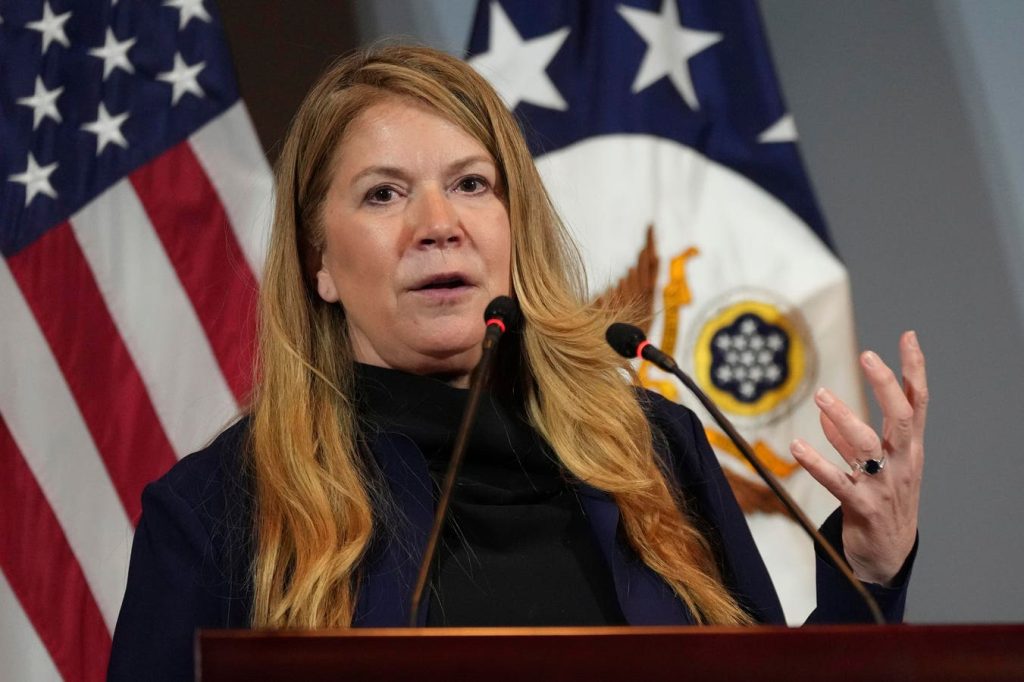The U.S. patent system, as outlined in Article I, Section 8 of the Constitution, aims to promote innovation and progress in science and the arts. However, in the trillion-dollar pharmaceutical industry, the system often falls short of these ideals, leading to high prescription drug costs. Two main issues plague the patent system: subjectivity and a one-size-fits-all approach. The subjective nature of the system allows for misjudgments that can result in significant revenue for drug manufacturers at the expense of patients and taxpayers, while all patents are granted a standard 20-year monopoly, regardless of their importance or innovativeness.
One of the key challenges in the current patent system is the lack of coordination between the U.S. Patent and Trademark Office (USPTO) and the Food & Drug Administration (FDA). Senators Bill Cassidy and Maggie Hassan have highlighted instances where information provided to the FDA contradicts what is submitted to the USPTO, raising questions about the validity of certain patents. In response to these concerns, President Biden issued an executive order in July 2021, calling for improved coordination between the two agencies to prevent unjustifiable delays in generic drug competition.
Recent efforts to enhance collaboration between the USPTO and the FDA have shown some promising results. In a joint blog post by USPTO Director Kathi Vidal and FDA Commissioner Robert Califf, the agencies committed to protecting against the patenting of incremental changes to existing drugs that do not qualify for patents. By addressing these issues, there is hope that drug prices will decrease as companies will be unable to delay generic competition based on insignificant alterations to drug products.
While the USPTO plays a role in creating artificial monopolies through patent approvals, the FDA also bears responsibility for enabling monopolies in the pharmaceutical industry. Examples, such as Celgene patenting a risk evaluation strategy mandated by the FDA, demonstrate how regulatory requirements can inadvertently strengthen monopoly power. It is essential to recognize that not all patents are equal and that granting monopolies over obvious or incremental improvements can stifle innovation and competition in the market.
Despite the sanctity often associated with patents, it is important to acknowledge their limitations. As government-granted monopolies issued based on subjective judgments, patents should not be considered sacred cows. In order to truly foster innovation, it is crucial to prevent patent trolls from gaining undue monopoly power over obvious or trivial advancements. By addressing the systemic challenges within the patent system and promoting fair competition, policymakers can work towards a more efficient and equitable framework for incentivizing innovation in the pharmaceutical industry.


